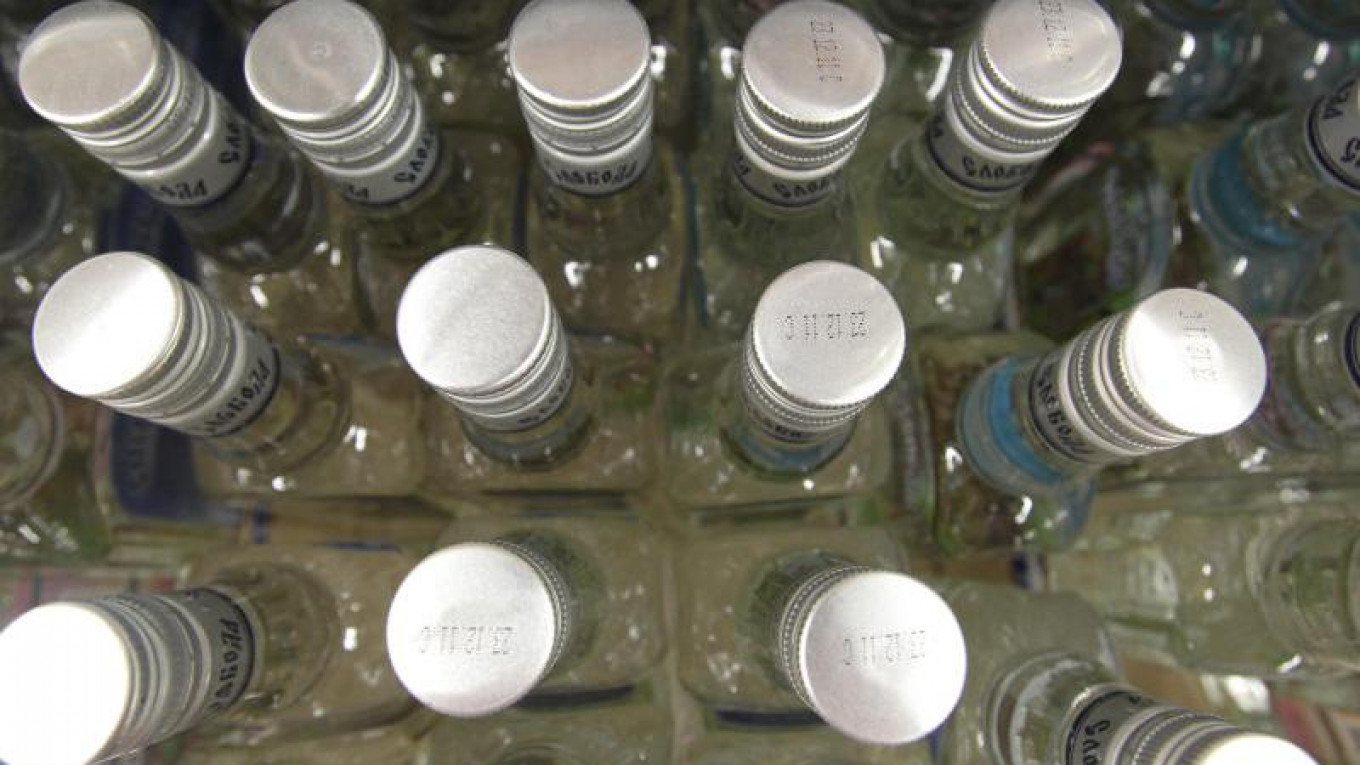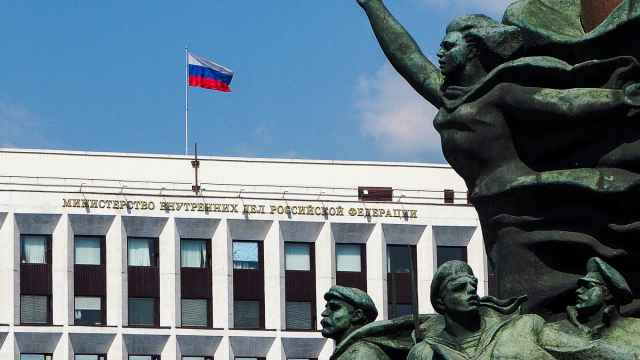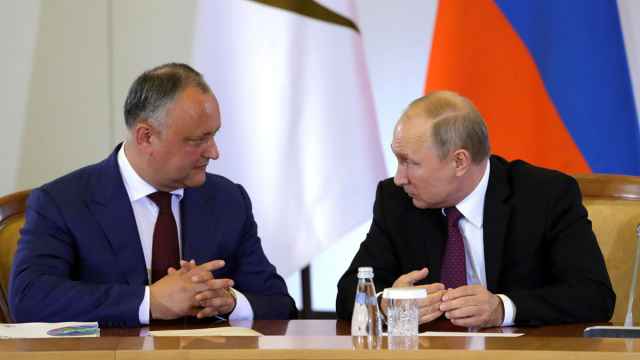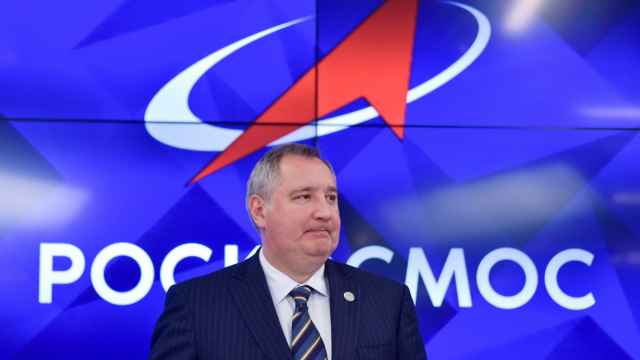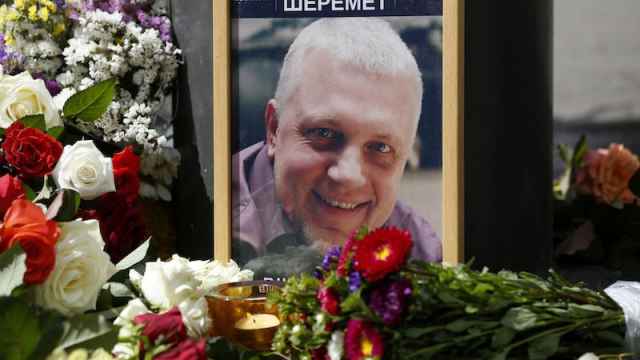Illegal alcohol sales in Russia are on the rise with a surge in counterfeit excise stamps, a new report by the Russian government revealed Friday.
Illegal alcohol sales increased by six percent in the first six months of 2016 compared to last year, according to a document from Russia's Federal Alcohol Regulation Service.
Meanwhile, the use of fake excise stamps – which show that a company has paid the tax on the alcohol – has tripled, Russian tabloid Life News reported. Some 1,091 cases involving counterfeit excise stamps were uncovered in 2011, with that number jumping to 3,311 in 2015.
Officials have linked the increase to the government's ban on legal alcohol kiosks across the country. In 2012, some 305,000 stores sold alcohol in Russia. Today, there are only 230,000. According to experts, around 30 percent of all stores selling alcohol are now operating without a license.
The Kremlin's decision to close the stores was based on figure from abroad, alcohol market analyst Vadim Drobiz told Life. He believes that authorities made a serious mistake by decreasing the liquor store numbers to try and match other northern nations such as Finland and Sweden.
"They decided to take that path, but they didn't consider that, in Finland, there are 10,000 bars and, in Sweden, there are 12,000," Drobiz told Life. "In those countries, 35 percent of the population consumes alcohol in bars. In Russia, only 3 percent of the population does."
Government experts are now planning a crackdown on producing and selling so-called "counterfeit alcohol," as well as online alcohol sales.
Drobiz says the key is solving the systemic problems.
"As long as legal alcohol is unaffordable to many consumers and the number of legal liquor stores continues to decrease, this problem isn't going anywhere," he said.
Read more on Russia's booming but illegal "pharmacy alcohol" industry.
A Message from The Moscow Times:
Dear readers,
We are facing unprecedented challenges. Russia's Prosecutor General's Office has designated The Moscow Times as an "undesirable" organization, criminalizing our work and putting our staff at risk of prosecution. This follows our earlier unjust labeling as a "foreign agent."
These actions are direct attempts to silence independent journalism in Russia. The authorities claim our work "discredits the decisions of the Russian leadership." We see things differently: we strive to provide accurate, unbiased reporting on Russia.
We, the journalists of The Moscow Times, refuse to be silenced. But to continue our work, we need your help.
Your support, no matter how small, makes a world of difference. If you can, please support us monthly starting from just $2. It's quick to set up, and every contribution makes a significant impact.
By supporting The Moscow Times, you're defending open, independent journalism in the face of repression. Thank you for standing with us.
Remind me later.


